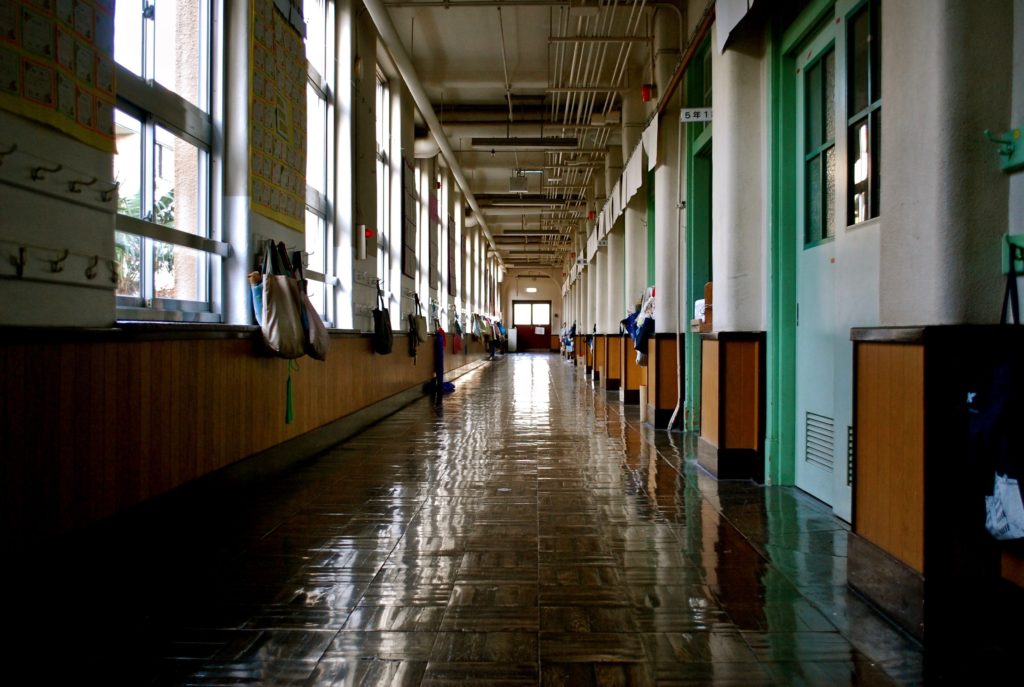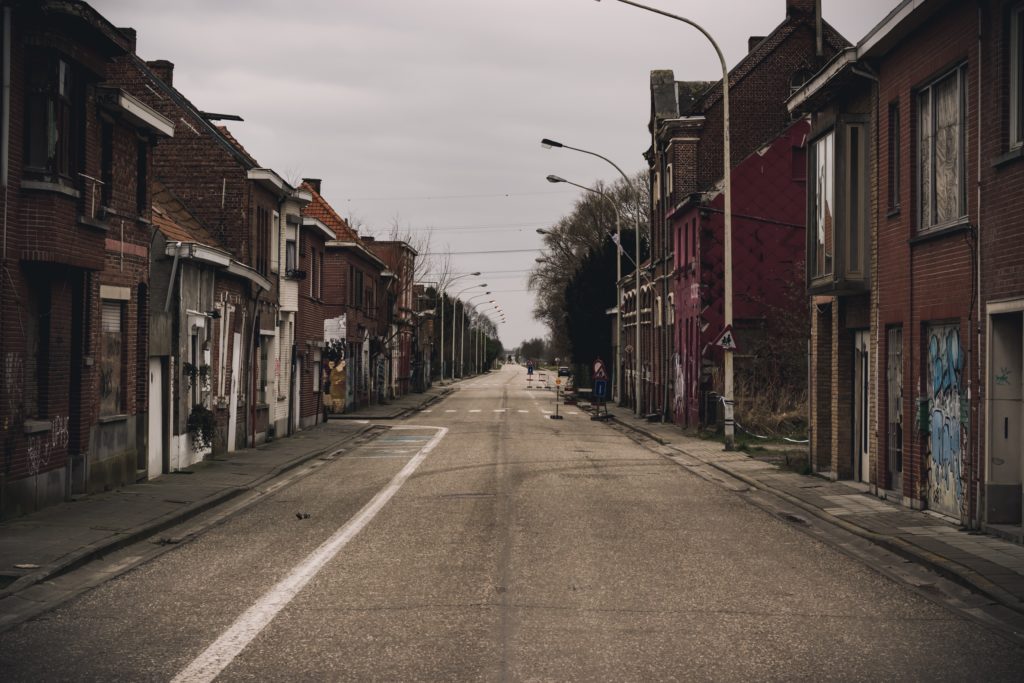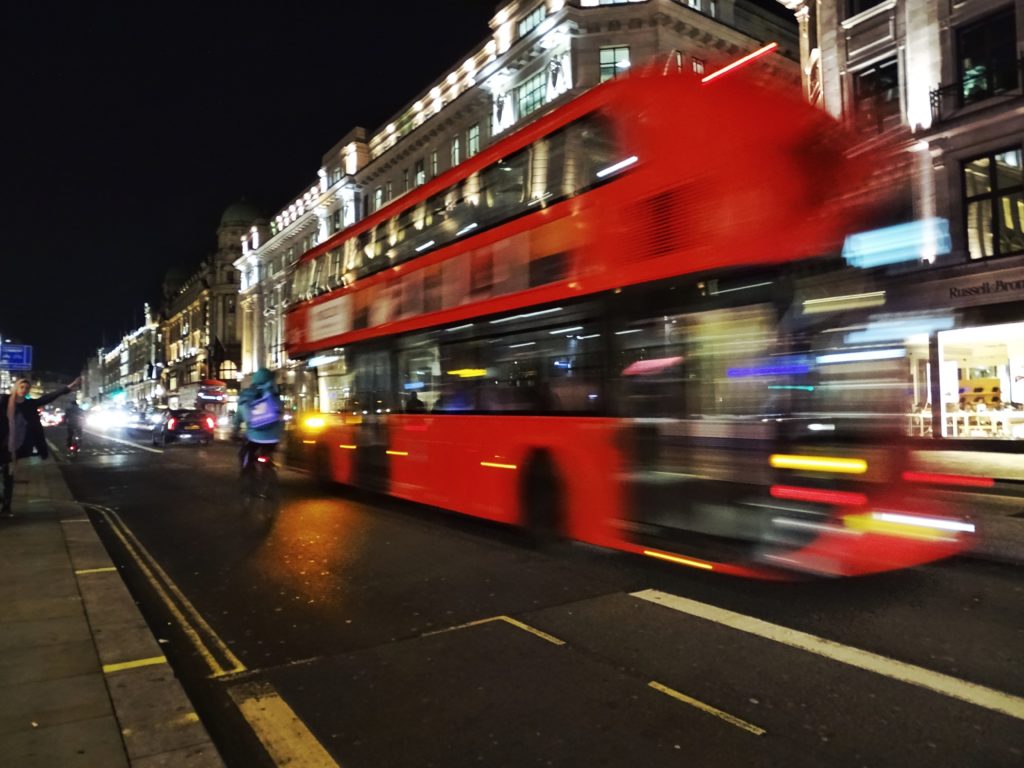Welcome to REDI to Debate in the first edition of REDI-Updates. REDI-Updates is a bi-annual publication which will get behind the data and translate it into understandable terms. WM REDI staff and guest contributors will discuss various topics, with this first publication focusing on how inclusive growth can be a tool to tackle regional imbalances across the UK.
In this REDI to Debate, Rebecca Riley looks at “Levelling up” and a review of the Green Book which was on the Government agenda before COVID-19. What are the constraints and risks for policymakers and how will the pandemic affect this approach?
My contribution to the REDI debate publication on inclusive growth looked at the Green Book and the Treasury approach to Levelling Up. I have revisited this section in light of COVID-19.
My analysis was based on a recent publication which highlighted the role of Her Majesty’s Treasury (HMT) and the application of the “Green Book”, the guidebook for designing and developing investments, the paper highlights that this approach is not working well for English regions. As evidence is emerging on the impacts of the virus (as shown in our weekly monitors published on our blog) the inequalities within and across regions are set to get deeper and more polarised, as weaknesses already in economies such as unemployment, low skills, low enterprise performance and social and health inequalities are made worse by the effects of lockdown, school closures and the death toll associated with deprived areas. This is an issue for the government going forward and the divides that existed will take a greater effort to resolve. And levelling up becomes harder in the wake of the virus. As evidence collated in the monitors shows Greater London and the South East is likely to weather the storm better, leaving the Midlands (set to be hardest hit) and the north even further behind.

The government is also dealing with the context that they gained so many northern and midlands seats and as the current phrase ‘levelling up’ gained momentum as does the very real issue that regions outside the SE will find it difficult to recover and also protect its asset base. The allocation of investment will need to change to ensure inclusive growth is a reality, at the moment intervention is relatively blanket in terms of mitigating risk, a future of renewal and recovery will depend on a differentiated model that supports local economies to emerge intact and ready for a more resilient future.
However, the greatest challenge remains, as in my original article, for policymakers and politicians alike is that HMT does not have a departmental objective to ‘level up’; in fact, its role is to reduce the structural deficit (within a very tight timescale) and drive up productivity by investment in infrastructure. These two objectives work directly against levelling up or creating inclusive places. They create an approach based on investing in things that work, things that create the best return on investment and things that generate the best growth, which leaves large parts of the Midlands as not ideal investments relative to London. This approach will not work in a post-COVID-19 world, with spending budgets blown to keep the economy at a minimum survivability and this presents an opportunity to rethink how we become a resilient country that can build up within a social distancing based economy.
So is this discussion about the Green Book now even more of a distraction from this core point? If we want to invest in different places that have been brought to their knees, we need to change our perspective and our objectives. It is correct to say that creating nuance in the framework of the Green Book is difficult with the current objectives. Academic evidence shows us that greater agglomeration is important to boost productivity in regional economies, but this is dwarfed by the effect of agglomeration in the Greater South East (GSE). Have we paid too little attention to how unfettered growth in the GSE is overheating the economy, rendered large parts of the rest of the economy weak and unstable, creating greater disparity at the local level, increasing congestion and raising house prices to record levels? How as researchers and policymakers do we put this right?
Changing the Green Book, or getting rid of it, is not the solution to the problem, which is in reality related to the way it is implemented and interpreted. The guidance does allow you to adapt but this is rare due to the HMT drivers, and to get allocations for investments these HMT objectives take precedence. Culturally within government departments, the attitude is to invest in the south because of these drivers and also because of the fact that the south is geographically close to decision-makers and issues and challenges are experienced every day. In reality, with reduced public budgets, GSE has the most population and most businesses so therefore investment has a bigger impact. However this grows London at the expense of everywhere else and the problem just gets worse, both for the Capital, which continues to overheat and the periphery which slows down as more and more people leave for better opportunities in the south. Will this pattern accelerate as places hit hard by the virus haemorrhage people looking for better alternatives?

The Green Book guidance was written with devolved budgets in mind and was brought in with Regional Development Agencies and integrated regional strategies. Which looked at complex issues and local delivery and the whole impact (economic, social and environmental) of activities and a wide range of investments were made aiming at ‘levelling up’, or the terminology then was ‘narrowing the gap’. Place-based objectives should be set at the appropriate local level through shared strategic goals across partners, at this point, the guidance and frameworks for investment come in, and it is largely about evidencing, exploring and choosing the right option to fix an issue, aiming for consistent decision making. The second challenge for policymakers is how do we continue with the devolution project to ensure good decision making based on the levels of evidence that the Green Book requires and also within the backdrop of the current economic conditions?
In order to level up and create a more inclusive economy that ensures the Midlands is not left behind and protects against the worst impacts of COVID-19, does HMT need to change their departmental objectives as these drive the strategic choices before Green Book is even considered? The strategic element of the 5 case methodology aligns with HMT objectives. Does the deficit objective need to be changed and longer-term (otherwise we will continue to invest in short term success), and does the productivity objective need to be extended to ensure we also improve the performance of places outside London and the GSE? The challenge is how to set this, it should not be a ‘reach the average’ or ‘narrow the gap’ target as used in the past, these are not possible to achieve, as by default this means we need GSE to do worse, as the rest of the UK will never improve to reach the performance of a global city. The objective should actively encourage investment beyond the south in the interests of making the UK a better place to live, work and play and provide quality opportunities to people outside the GSE. Should the objective be framed around distributed wealth and focus on Gross Domestic Household Income as a better measure of prosperity than our current Gross Domestic Product target?
Beyond changing these objectives, should devolution deals be used to create single pots, similar in size and scale to previous regional budgets and the EU money we will be losing? Those single pots could be directed by local need and decided locally, instead of piecemeal, conflicting small pots from multiple departments, which are difficult to manage, monitor and evaluate and difficult to target in an economy needing support through a recession. The current large scale delivery being carried out through Local Authorities, Local Enterprise Partnerships and Combined Authorities demonstrates the importance of local delivery and intelligence in shaping intervention and minimising impacts. They should be governed by agreed regional recovery and renewal strategies building on the work done on Local Industrial Strategies to assess assents to build on and protect, and they should reflect on the OECD Sustainable Development Goals and how places deliver against these international objectives to be a blueprint for recovery plan built on a more sustainable future for all. With clear outcome measures that place levelling up, inclusivity and opportunity at the heart of the plan.

Investment in places post COVID-19 is a driver to fundamentally re-balance, places have to be worth living in and investing in, which means investment in the public realm, skills, housing, and transport, health and business infrastructure and it’s needed now more than ever. London, like the Capital, draws people and business from the regions, regional cities, in turn, draw from towns and towns get smaller and empty out, with social distancing this model may turn on its head as people value, family, friends, gardens, homeworking and free time and well as a fundamental change in the value we place on public sector workers, the independent companies and the local suppliers and providers. Towns need a new purpose. Does being a good town mean primarily being a good place to live to attract residents who may make the workforce more local, or through online business development, more international?
Cities and towns are becoming centres for experiences and different ways of working. Post lockdown this might become more important as people realise how important people and experiences are rather than consumption. Continued technological change, accelerated by lockdown, means workplaces and jobs are changing dramatically, what effect will 50% of the workforce homeworking have on the long-term structure of business and this creates an opportunity to shape economic geographies on whole new levels. There are good examples of this type of re-imagining of towns across the country which could help shape policy and should inform best practice in policy. Places need to be able to invest in high streets and prepare for the future based on social distancing and online delivery that is reshaping the economy as a whole. The places which need levelling up are the ones left behind by various industrial and technological revolutions this needs addressing through giving them the funding and tools to make changes. Investment should build resilience in local economies, and drive skills and innovation at the local level.

There needs to be investment in integrated leadership, OECD highlights this as crucial to growth, but we have a patchwork of leadership structures which either need to be collapsed or aligned better through jointly developed strategy and delivery mechanisms. The third challenge for policy is that leadership also has to include the ability to innovate in policy and programme development and nurturing a public policy innovation ecosystem at a local level. Places need investment in training and expertise in how to develop good projects, within the structure of the Green Book approach but setting objectives based on levelling up. Previously, strategy and evaluation training was delivered to all regional and national staff which has deteriorated under the pressures of budget cuts, whilst organisations are being expected to deliver green book approaches without the understanding and expertise. So do we need to create programmes of investment in good leaders, who understand how to encourage greater involvement of the residents in the identification of issues and the development of solutions, to give people greater influence over the future of where they live and what they want a new economy to look like?
Changing the Green Book will not change the cultural attitudes of Whitehall. Complex societies need complex solutions, and the overall strategic aim of levelling up needs to be seen as a complex problem, the question for government is how much does it drive integrated local approaches and drive a culture of good leadership, and give them the levers, tools and expertise to make a difference to those left behind and those most at risk under COVID-19.
View and download the magazine.
City-REDI / WM REDI have developed a resource page with all of our analysis of the impact of Coronavirus (COVID-19) on the West Midlands and the UK. It includes previous editions of the West Midlands Weekly Economic Monitor, blogs and research on the economic and social impact of COVID-19. You can view that here.
This blog was written by Rebecca Riley, Administrative Director, City-REDI / WM REDI, University of Birmingham.
To sign up for our blog mailing list, please click here.
Disclaimer:
The views expressed in this analysis post are those of the authors and not necessarily those of City-REDI / WM REDI or the University of Birmingham

